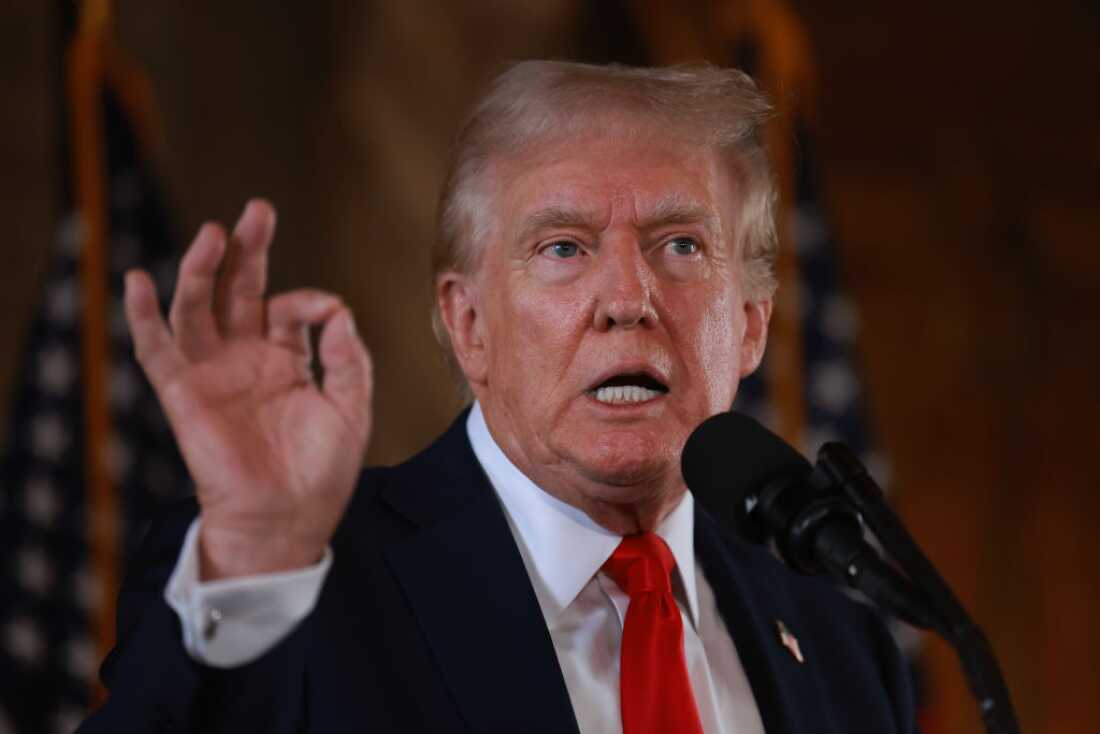Tesla has unveiled what might be among the largest compensation plans in corporate history, recommending an incentive package for CEO Elon Musk that could potentially reach an extraordinary value of roughly $1 trillion — yet only if the company meets several remarkable performance targets.
The suggested compensation plan is not merely a straightforward financial distribution. Rather, it revolves around equity-based incentives linked to Tesla’s performance in achieving particular financial and operational goals in the upcoming years. These objectives encompass substantial revenue growth, continued profitability, and challenging market capitalization targets that would position Tesla among the top companies globally by value.
The directors and executives of Tesla believe that an ambitious compensation package will synchronize Musk’s personal goals with the long-term interests of the shareholders. By linking the rewards to quantifiable accomplishments, Tesla aims to guarantee Musk’s strong dedication to the company’s expansion path and maintain a focus on breakthroughs in the electric vehicle and energy industries.
Historically, Musk has taken an unconventional approach to compensation, often declining a traditional salary in favor of performance-based stock options. This proposed structure mirrors that philosophy but on an even larger scale. The potential valuation of $1 trillion has caught global attention, signaling Tesla’s confidence in its future expansion — and its willingness to bet on Musk’s leadership to make that vision a reality.
Although the company has not disclosed every detail publicly, analysts expect the compensation plan to include a series of escalating milestones related to revenue, earnings before interest, taxes, depreciation, and amortization (EBITDA), and market capitalization. Achieving each goal would unlock a tranche of stock options for Musk, with the ultimate payout requiring Tesla to reach valuations and production levels far beyond current figures.
For perspective, Tesla’s market capitalization currently hovers in the hundreds of billions. To justify such an extraordinary compensation package, Tesla would need to sustain massive growth in electric vehicle sales, battery production, and energy storage solutions — all while navigating intense competition from both legacy automakers and emerging EV startups.
If approved, this plan could redefine executive compensation strategies across the corporate landscape. Supporters argue that tying rewards to performance fosters accountability and encourages long-term strategic thinking rather than short-term gains. Critics, however, question whether such a large potential payout is necessary, even if it is contingent on extraordinary success.
Reactions from investors have been varied up to now. Some perceive the plan as an innovative step showing trust in Musk’s potential to achieve groundbreaking results. Meanwhile, others are worried about the implications of awarding one executive such a significant package, especially during a time of increased focus on income disparity and corporate oversight.
Elon Musk is known for exceeding expectations. With his guidance, Tesla evolved from a small electric vehicle manufacturer into a major global force, changing the automotive sector and hastening the transition to renewable energy. Musk’s ambitious assertions — often viewed with doubt — have regularly turned into remarkable accomplishments, from the triumph of the Model 3 to the growth of Tesla’s gigafactories around the globe.
Yet, the objectives linked to this recent initiative are labeled “bold,” even according to Musk’s criteria. Experts in the field point out that reaching these goals would necessitate Tesla to not only preserve its leading edge in innovation but also to attain unparalleled levels of productivity, expansion, and worldwide market reach.
Tesla’s suggestion arises during a continuing discussion about executive compensation and corporate responsibility. Detractors contend that extremely high pay packages can widen income disparities and may lead to misplaced priorities if not properly organized. Supporters argue that when incentives are connected to ambitious yet quantifiable targets, they can lead to remarkable business outcomes that advantage both investors and the broader economy.
In Musk’s situation, the suggestion mirrors Tesla’s conviction that his guidance is essential to its character and future achievements. The firm argues that motivating Musk with significant performance incentives guarantees stability during a crucial period, as Tesla aims to increase production, enter new areas, and spearhead progress in self-driving and sustainable energy technologies.
The proposed package must undergo shareholder approval, and discussions are expected to be highly scrutinized. Proxy advisory firms and institutional investors will likely weigh in, analyzing both the feasibility of the performance targets and the broader implications for governance.
Regardless of the outcome, the proposal has already made headlines for its sheer scale and ambition, underscoring Tesla’s unique approach to leadership, innovation, and corporate strategy.
If the strategy is implemented and Musk achieves the set objectives, it will firmly establish him as one of the top compensated leaders ever, while also signifying a pivotal phase in Tesla’s growth — potentially altering the limits of what a public corporation can accomplish.
In the meantime, the globe will observe intently as Tesla, its shareholders, and its dynamic leader manage one of the boldest pay proposals ever imagined.





